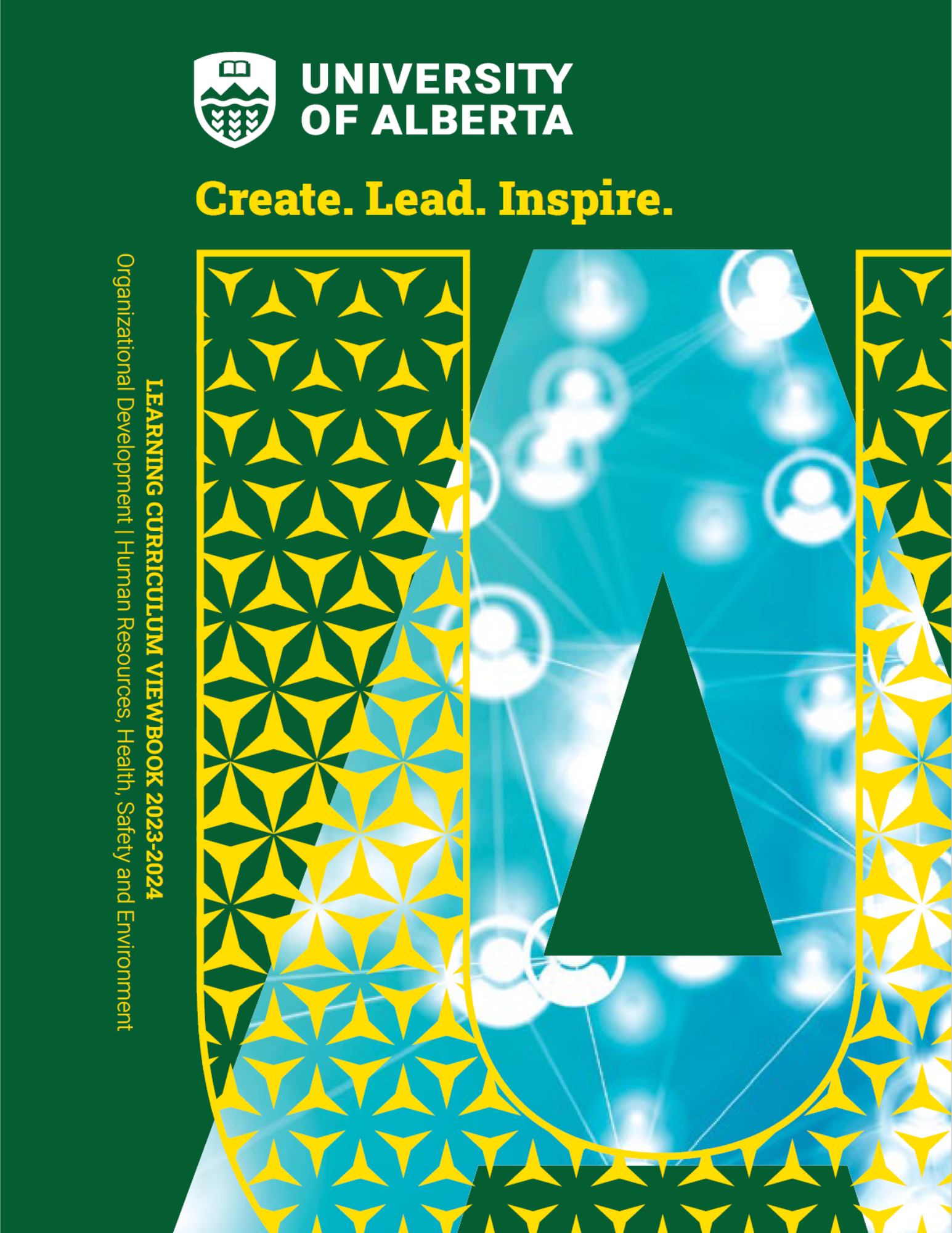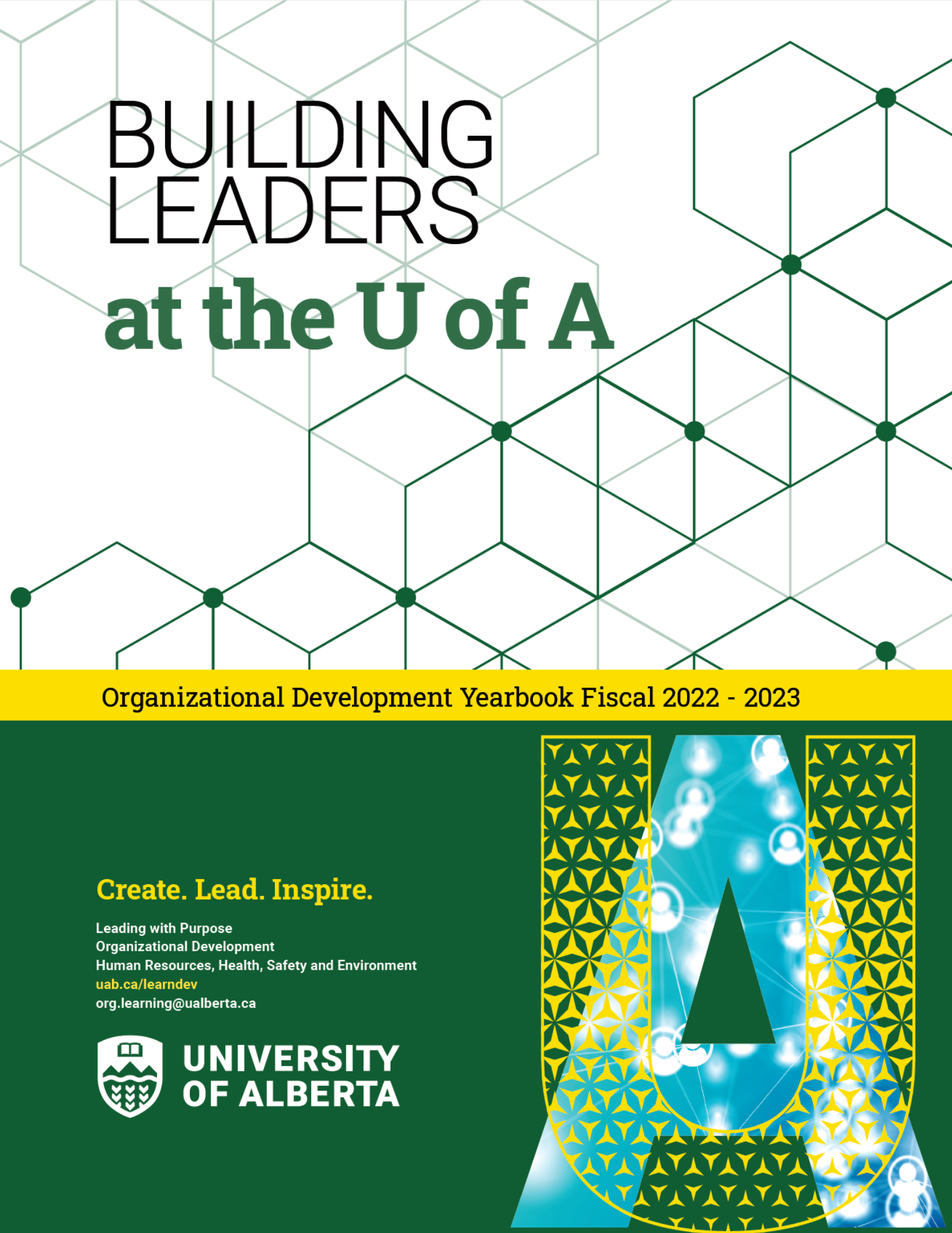Collaborating in a Complex Environment

On This Page
about
Whether you are in an administrative or an academic role, work in a research lab, or in facilities and operations, collaboration is one of the most important skills you bring to the workplace. It is at the core of high functioning teams, interdisciplinary collaborations, cross-functional work and service excellence. Effective collaboration lies at the heart of our ability to reach our individual and organizational goals. Collaboration, though, can be quite challenging at times. Different perceptions of what it means to collaborate and how to get there, misaligned goals, ambiguity about roles and responsibilities, and challenging collaborative partners can easily derail our best efforts.
This interactive workshop will help you be a more effective collaborative. In this session you will explore the components of collaborative success and be introduced to practical tools, processes, and techniques that support effective collaboration. Finally, you have the opportunity to practice using the tools and techniques in the session before taking them back to your day to day work reality.
Learning Outcomes
- Define collaboration and explain four key components of successful collaboration.
- Describe characteristics of successful individual contributors in the collaborative process.
- Discuss the stages of successful collaboration.
- Identify tools for effective collaboration.
- Outline the process for giving positive and constructive feedback and practice using the process.
- Apply the tools and techniques for effective collaboration in a case study scenario.
eligibility
Facilitator
schedule
Click on the course date to register. Registration for upcoming training will be available two months prior to the course date.
| Date | Location |
|---|---|
| April 15, 2025 | Enterprise Square, Downtown Edmonton |
| UPCOMING | |
| October 20, 2025 | Enterprise Square, Downtown Edmonton |
cost
Workshops that address the curriculum are offered and added throughout the year. Please visit the U of A Events hub open in a new tab to find available courses. If you are interested in offering a workshop to your team that currently has no availability, please contact org.learning@ualberta.ca to discuss options.

